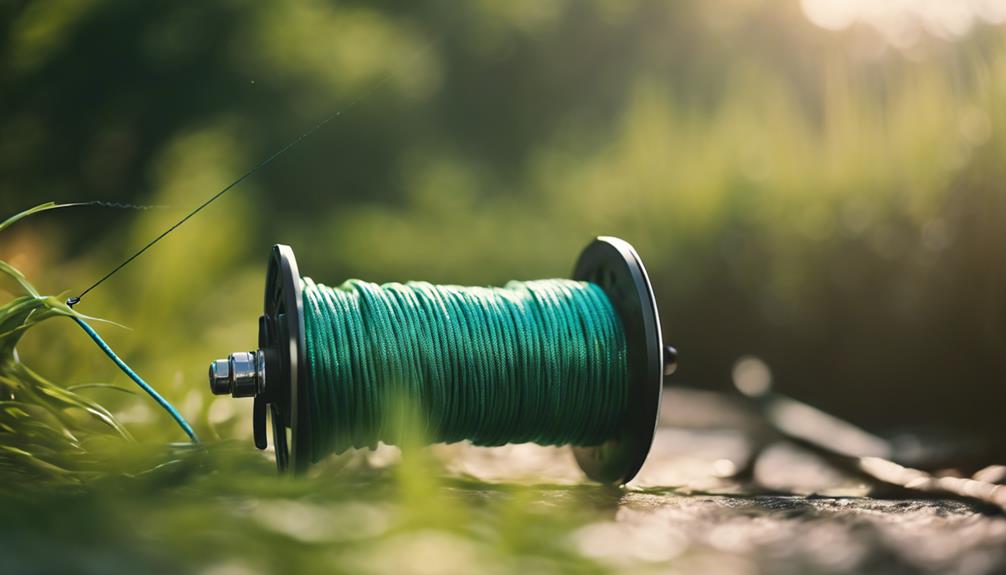Fishing is one of the most popular outdoor activities, enjoyed by millions across the globe. However, before you grab your rod and reel, it’s crucial to understand the legalities involved, especially concerning age requirements for obtaining a fishing license. In this blog post, we will delve into the specifics of how old you need to be to get a fishing license, the variations across states and countries, and other essential aspects of fishing regulations.
Understanding the Basics of Fishing Licenses
Fishing licenses serve as a regulatory measure to ensure sustainable fishing practices and protect aquatic ecosystems. Most states and countries require anglers to obtain a fishing license before casting their lines. The minimum age to acquire a fishing license can vary significantly depending on where you reside. Generally, individuals must be at least 16 years old to apply for their own license, although many regions allow younger individuals to fish under certain conditions. For instance, some areas permit children as young as 12 to fish if they are accompanied by a licensed adult.
Age Requirements Across Different Regions
In the United States, the age at which you can obtain a fishing license varies by state. For example, in California, individuals must be at least 16 years old to get a fishing license, while in Texas, children under 17 can fish without a license if they are accompanied by a licensed adult. Some states even offer free or discounted licenses for young anglers to encourage fishing and outdoor activities among youth. On the other hand, in countries like Canada, the minimum age can range from 16 to 18 years, depending on the province. It’s crucial to check the specific regulations for your region to ensure compliance.
Special Provisions for Young Anglers
Many regions recognize the importance of fostering a love for fishing in younger generations and have established special provisions for young anglers. For example, some states offer youth fishing licenses at a reduced cost or allow children to fish for free under certain circumstances. Additionally, some areas host free fishing days where no license is required, providing an excellent opportunity for families to introduce children to the joys of fishing without the upfront cost. Always check with your local wildlife agency for specific youth fishing programs available in your area.
Temporary Licenses and Exceptions
In some cases, individuals under the minimum age may still be able to fish legally with a temporary license or permit. These temporary licenses are often issued for short periods, such as during fishing events or community programs aimed at promoting fishing among youth. Additionally, certain fishing programs may allow young anglers to participate in fishing activities under the supervision of a licensed adult. These initiatives not only promote responsible fishing but also help to educate young anglers about local regulations and conservation efforts.
The Importance of Education and Safety
Regardless of age, education and safety should always be a priority when it comes to fishing. Many states require individuals, particularly minors, to complete a fishing education program or safety course before they can obtain a fishing license. These programs typically cover important topics such as fishing techniques, local regulations, conservation practices, and water safety. Educating young anglers helps ensure that they understand the responsibility that comes with fishing and the necessity of protecting our natural resources.
Different Types of Fishing Licenses
Understanding the different types of fishing licenses available is essential when considering how old you need to be to get a fishing license. Many states offer various options, including resident, non-resident, and special licenses for seniors or disabled individuals. Additionally, some states have specific licenses for freshwater versus saltwater fishing. It’s important to choose the right type of license based on your fishing activities and location. This not only ensures compliance with local laws but also helps support conservation efforts in your area.
Consequences of Fishing Without a License
Fishing without a valid license can lead to serious repercussions, including hefty fines and legal action. The penalties vary by state and can be particularly severe for those who repeatedly violate fishing regulations. Additionally, fishing without a license undermines conservation efforts and can harm local fish populations. It is crucial for all anglers, regardless of age, to be aware of the licensing requirements in their area and to fish responsibly.
Conclusion: Start Your Fishing Journey Today!
Knowing how old you need to be to get a fishing license is just the beginning of your fishing adventure. Whether you’re a young angler looking to cast your first line or a parent eager to introduce your child to the joys of fishing, understanding the regulations and requirements is essential. Make sure to research your local fishing laws, consider enrolling in a fishing education program, and most importantly, get out there and enjoy the great outdoors! Fishing is not just about catching fish; it’s about creating lasting memories and fostering a lifelong appreciation for nature.
In summary, the age requirement for obtaining a fishing license varies significantly by location, with most places setting the minimum age around 16. However, special provisions often allow younger individuals to fish under adult supervision or through temporary licenses. Always prioritize education and safety, and remember that following local regulations is vital for preserving our aquatic ecosystems. Happy fishing!
